Maritime Security: IMO, International Oil Players, Pledge Support For NIMASA
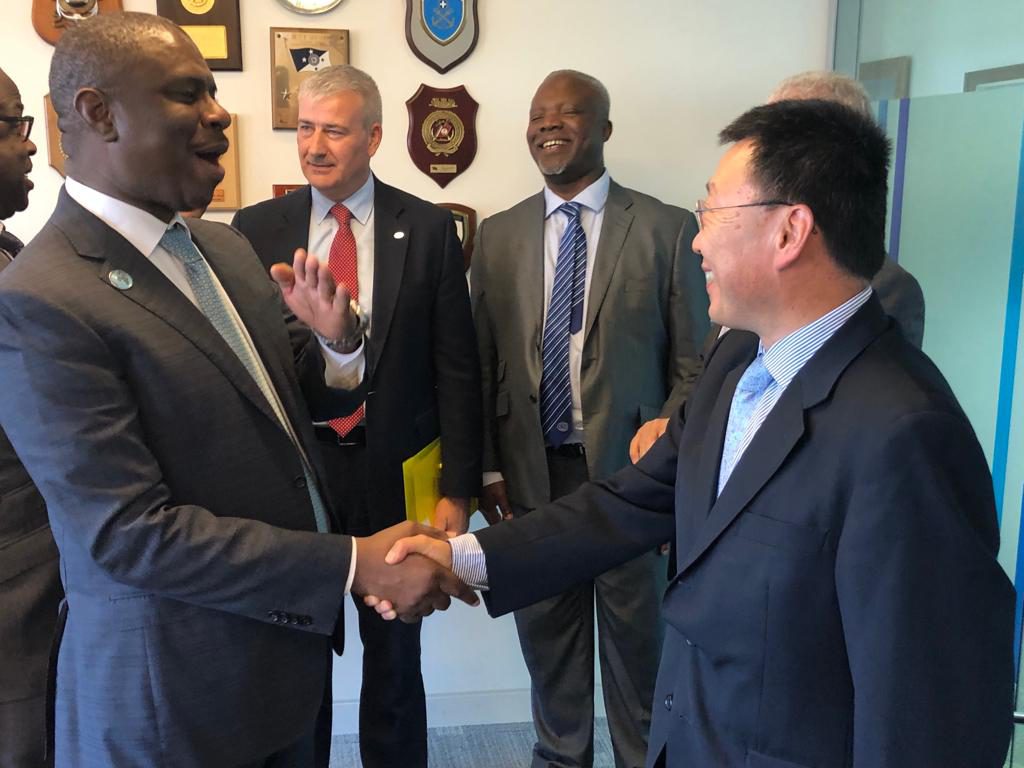
The initiatives of the Nigerian Maritime Administration and Safety Agency (NIMASA) aimed at ensuring security in the Gulf of Guinea have received a major boost from the international business community. Key players in the global oil and gas as well as shipping businesses praised the initiatives at a maritime security meeting in London chaired by the International Maritime Organisation (IMO), and pledged their support.
Members of the Oil Companies International Marine Forum (OCIMF), International Association of Independent Tanker Owners (INTERTANKO), International Chamber of Shipping (ICS), and International Association of Dry Cargo Shipowners (INTERCARGO) committed to a collaboration with the IMO in support of NIMASA’s efforts to enhance security in the Gulf of Guinea.
The agreement was reached at an IMO-sponsored Maritime Security and Facilitation (MSF) meeting, which had in attendance officials of the United Nations specialised maritime regulatory agency, led by the Secretary-General, Kitack Lim; the management of NIMASA led by the Director-General, Dr. Dakuku Peterside; representatives of OCIMF, INTERTANKO, ICS, INTERCARGO, Baltic and International Maritime Council (BIMCO), and President of Chevron Worldwide, Mr. Mark Ross.
Lim, who chaired the meeting, called for stakeholders’ collaboration to overcome the challenges in the Gulf of Guinea. While acknowledging the efforts of NIMASA to tackle insecurity in the region, the IMO Secretary-General pledged the organisation’s support for Nigeria.
He stated, “We at the IMO are very much interested. It’s gladdening to note that something is being done about the issue of security in the Gulf of Guinea. Something is happening much more than ever before. We want to cruise together. I think we can make a big difference with collaboration from all stakeholders.
“The global maritime security conference in Abuja is also very important. It is a ground-breaking conference to chart a way forward for securing the Gulf of Guinea. IMO will actively participate.”
Dakuku informed the meeting that the C4i Centre, which is already in operation, made use of the Automatic Identification System (AIS) and Synthetic Aperture Radar (SAR) to identify Non-AIS complying vessels. It also uses COASTAL RADAR and External System Integration, including the Nigerian Navy’s Falcon Eye Intelligence and Lloyds List Intelligence, among others.
He said, “The Nigerian government acknowledged the challenge of security in the region and decided to take more actions to curb criminal activities on our waters. The Deep Blue Project and the hosting of the global security conference are part of efforts to complement ongoing actions of the Nigerian Navy, which is the largest in that region. 17 interceptors for the Deep Blue Project will arrive Nigeria later this month. Some of the special mission aircraft will also arrive Nigeria in November, while the four unmanned aerial vessels will arrive Nigeria March 2020. Total deployment of all C4i projects will be by November 2020.”
Dakuku stated that Nigerian laws do not allow private armed guards onboard vessels in the country’s territorial waters. He called for constant engagement on the Deep Blue Project, and more support for the ICC Yaounde to enhance information sharing capacity in the Gulf of Guinea.
Stakeholders at the meeting acknowledged the attempts by the Nigerian government to combat maritime crimes and promised to back those efforts with more assets to fight piracy in the Gulf of Guinea. They also promised to support the hosting of the Global Maritime Security Conference (GMSC) in Abuja.
A statement explained that the NIMASA Director-General said, “Over 80 countries have confirmed participation, 28 Navies across the globe have also confirmed participation, with 15 Chiefs of Naval Staff personally leading their delegations to the conference.
“The side event to be hosted by the ICC will have different working groups and agreements at these sub cells will be presented at plenary during the event.”
Mr. Sam Megwa of OCIMF, who had led a team to visit Nigeria this year, also acknowledged the steps by NIMASA and the Nigerian government to curb piracy and maritime crimes. He urged the Agency to put appropriate measures in place to ensure sustainability of the security projects.
Megwa stated, “Our visit to Nigeria was quit inspiring. The most important thing is that Nigeria has acknowledged that there is a challenge and actions are being taken now. NIMASA was open to us as we saw all equipment for the C4i, among others.
“The Agency is doing so much but emphasis must be placed on sustainability of the project through proper governance. All we want is improved security situation in the Gulf of Guinea.”
Citybusinessnews


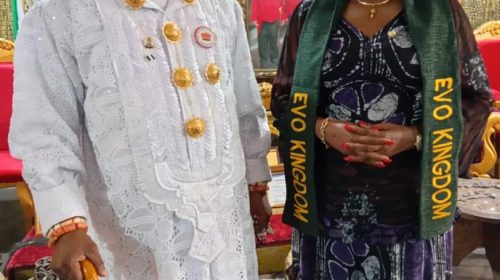
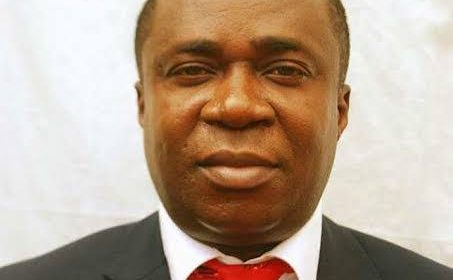
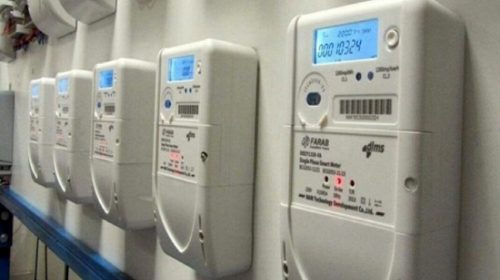
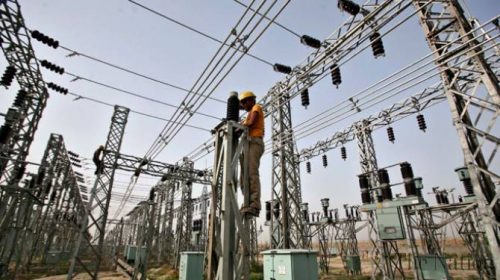

Leave a Reply